In the world of construction, concrete is king. It forms the backbone of everything — from residential buildings and highways to dams and bridges. But for concrete to perform its job reliably, it must meet strict strength and durability standards. That’s where concrete testing machines come in.
Choosing the right testing equipment can make all the difference in ensuring structural safety, compliance with standards, and overall project success. If you’re a civil engineer, contractor, or project manager, selecting the right machine isn’t just a purchase — it’s a strategic decision that affects your timeline, budget, and reputation.
In this blog, we’ll guide you through how to choose the right concrete testing machine for your project and why Engineering Solutions Equipment is the trusted name for getting it right.
Understanding the Role of Concrete Testing
Before choosing a machine, it’s important to understand what’s at stake. Concrete is strong — but only if it’s made, cured, and placed correctly. Testing its compressive and flexural strength ensures that the structure you’re building will stand the test of time, resist environmental pressures, and adhere to national or international building codes.
Using the right concrete testing equipment not only gives you accurate results, but also helps avoid costly rework, project delays, and safety risks. Whether it’s testing concrete cubes in a lab or conducting field checks on-site, the precision and reliability of your machine are non-negotiable.
One Size Doesn’t Fit All: Know Your Project Needs
There is no universal concrete testing machine that fits every project. The choice depends on the scale and nature of the work. For instance, a small-scale residential project may require a simple manual compression testing machine, while a national highway construction project demands a fully automatic unit with advanced digital controls and data logging capabilities.
If your project involves frequent testing of cube samples for strength verification, a compression testing machine (CTM) is your best choice. But if you’re testing beams or slabs for bending strength, a flexural testing machine becomes essential. There are also rebound hammers and ultrasonic testers for non-destructive testing, which are ideal for quick evaluations or existing structure assessments.
So, the first step in choosing a machine is asking yourself: What type of tests do I need to perform, and how often?
Key Features to Look For
Once you understand your project requirements, it’s time to look at features that matter. The first is load capacity. Machines typically range from 1000 kN to 3000 kN or more. For standard cube tests (150mm), a 2000 kN CTM is generally sufficient. However, for specialized tests or high-strength concrete, you may need higher capacity.
Accuracy is another critical factor. Your machine should comply with IS, ASTM, or EN standards, depending on where your project is based. Digital machines offer superior accuracy, easier data interpretation, and often come with software for reporting and analysis — a huge time saver in busy projects.
Ease of operation also matters, especially when your team is working in a fast-paced environment. Touchscreen panels, automatic pressure control, and self-calibration features add real value, reducing human error and boosting productivity.
If you work in different locations or remote sites, consider portability. Some compact models are specifically designed for field use. Power supply should also be checked — does your site support hydraulic, electric, or manual systems?
Budget vs. Value: Think Long-Term
It’s natural to think about budget when making a purchase, especially when margins are tight. However, a lower-cost machine may not always provide the accuracy, reliability, or support your project demands. Over time, breakdowns, inaccurate results, or lack of service support can cost more than you initially saved.
That’s why at Engineering Solutions Equipment, we recommend thinking in terms of value — not just price. We help you balance your needs with your budget, offering both standard and premium solutions tailored to different project sizes.
Certified for Confidence
When it comes to construction, compliance isn’t optional. A concrete testing machine should come with certifications that ensure it has been calibrated and tested as per industry norms. This is especially important if your project is subject to audits or government quality control checks.
All our machines at Engineering Solutions Equipment are delivered with traceable calibration certificates, and we also provide recalibration and maintenance services to help you stay compliant throughout the life of your project.
Our Promise: Performance You Can Trust
At Engineering Solutions Equipment, we don’t just sell machines — we partner with you in building quality. Our range of concrete testing machines includes:
- Compression Testing Machines (manual, digital, and automatic)
- Flexural Strength Testers
- Cube Moulds, Vee Bee Consistometers, and Slump Test Kits
- Rebound Hammers and Ultrasonic Pulse Velocity Testers
But what truly sets us apart is our commitment to support. We provide hands-on operator training, installation assistance, and after-sales service that keeps your operations smooth and stress-free.
Whether you’re building a township in Noida or a bridge in Bangalore, you can count on us for machines that perform — and people who care.
Final Thoughts
Choosing the right concrete testing machine is more than a technical decision — it’s about ensuring your project is built on a foundation of trust, quality, and durability. By understanding your testing needs, focusing on key features like accuracy and compliance, and partnering with a reliable equipment supplier, you can make a choice that benefits your project today — and your reputation tomorrow.
Ready to find the perfect testing machine for your project?
Reach out to our team at Engineering Solutions Equipment for expert guidance, product demos, or a custom quote tailored to your project.
FAQs (Frequently Asked Questions)
Q1. What is a compression testing machine used for?
A compression testing machine (CTM) is used to test the compressive strength of concrete cube samples, ensuring they meet required strength standards.
Q2. How do I know what load capacity my project needs?
For most standard concrete cube tests (150mm cubes), a 2000 kN CTM is sufficient. High-strength concrete or large-scale projects may require higher capacity.
Q3. Manual vs. automatic concrete testing machines — which is better?
Manual machines are budget-friendly and suitable for smaller projects. Automatic machines offer more accuracy, ease of use, and are ideal for frequent testing.
Q4. Are your machines certified and calibrated?
Yes. All our concrete testing machines come with traceable calibration certificates and are compliant with IS, ASTM, or EN testing standards.
Q5. Do you offer training and after-sales service?
Absolutely. We provide operator training, installation support, and responsive after-sales service to ensure you get the most out of your machine.
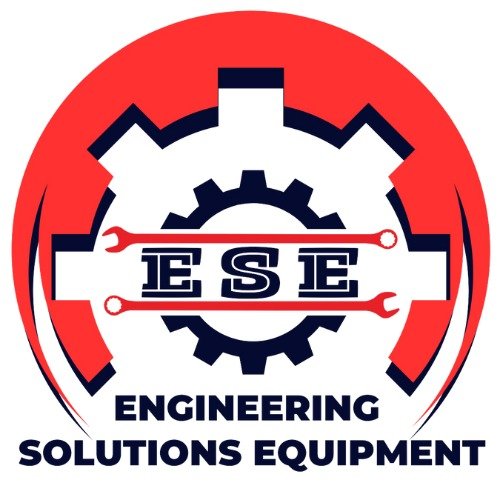
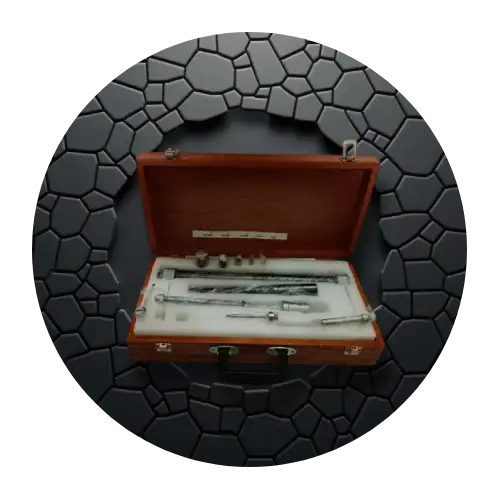
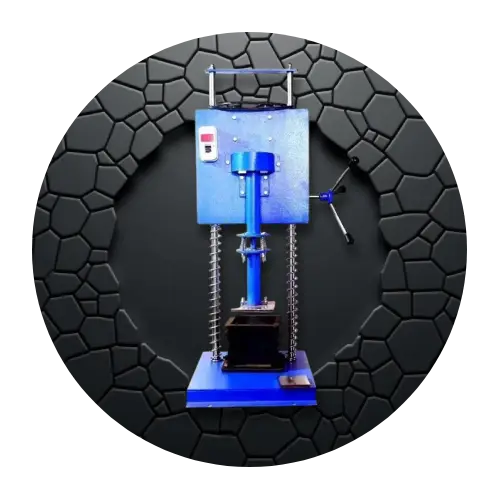
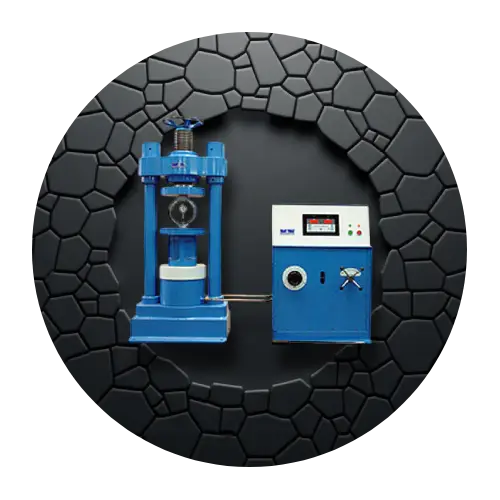
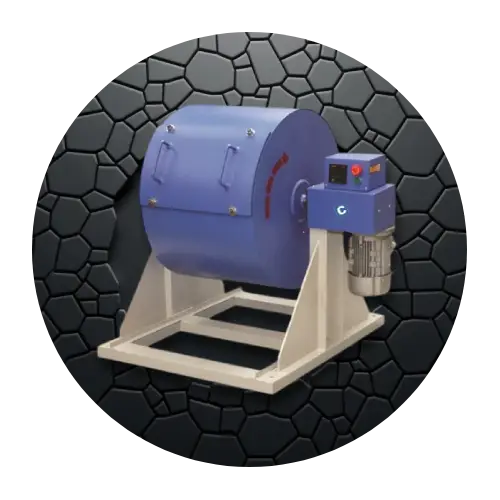
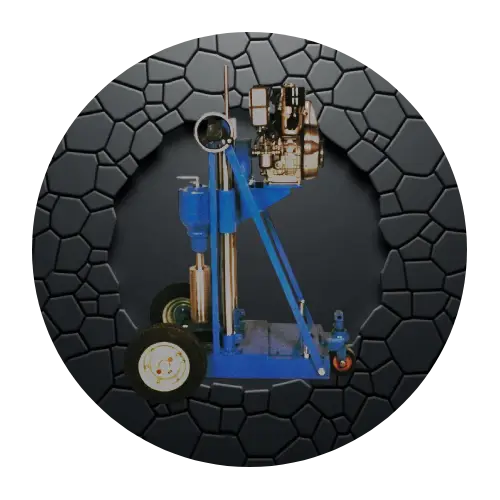
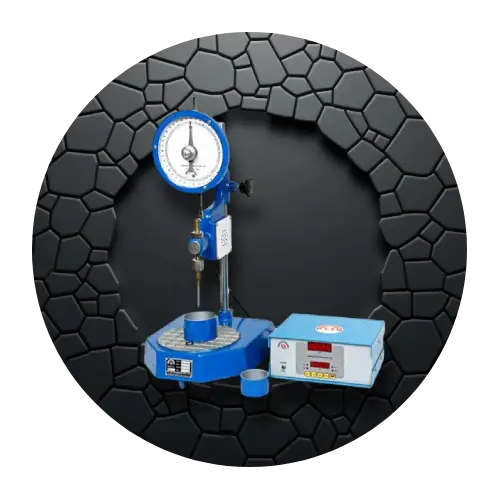
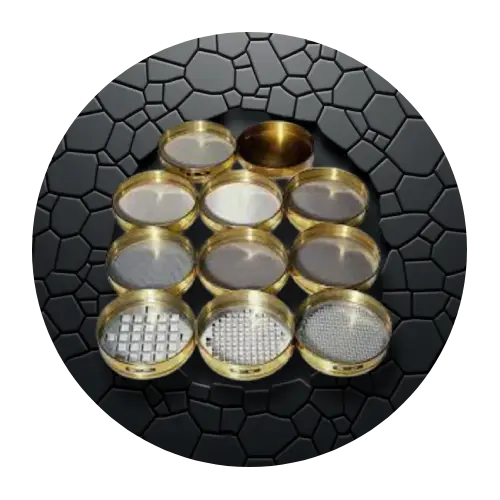


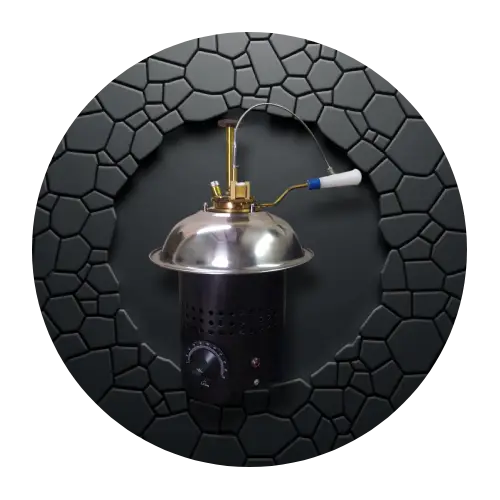


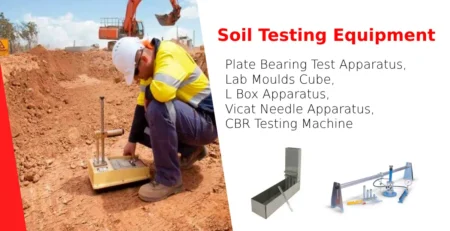
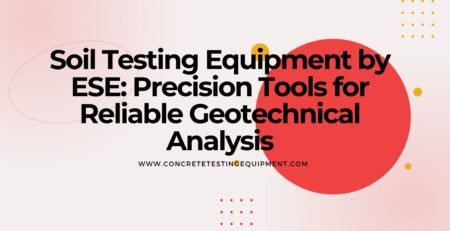
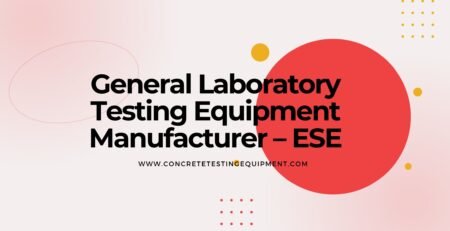
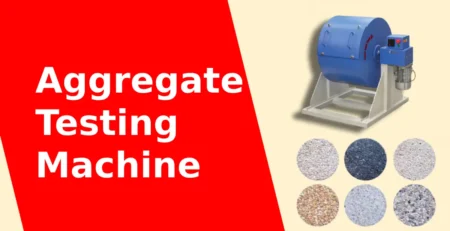

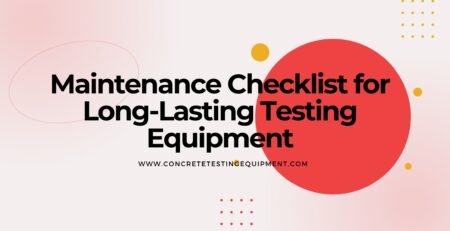
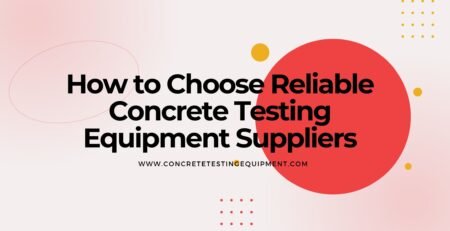
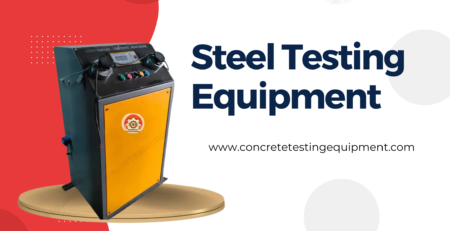

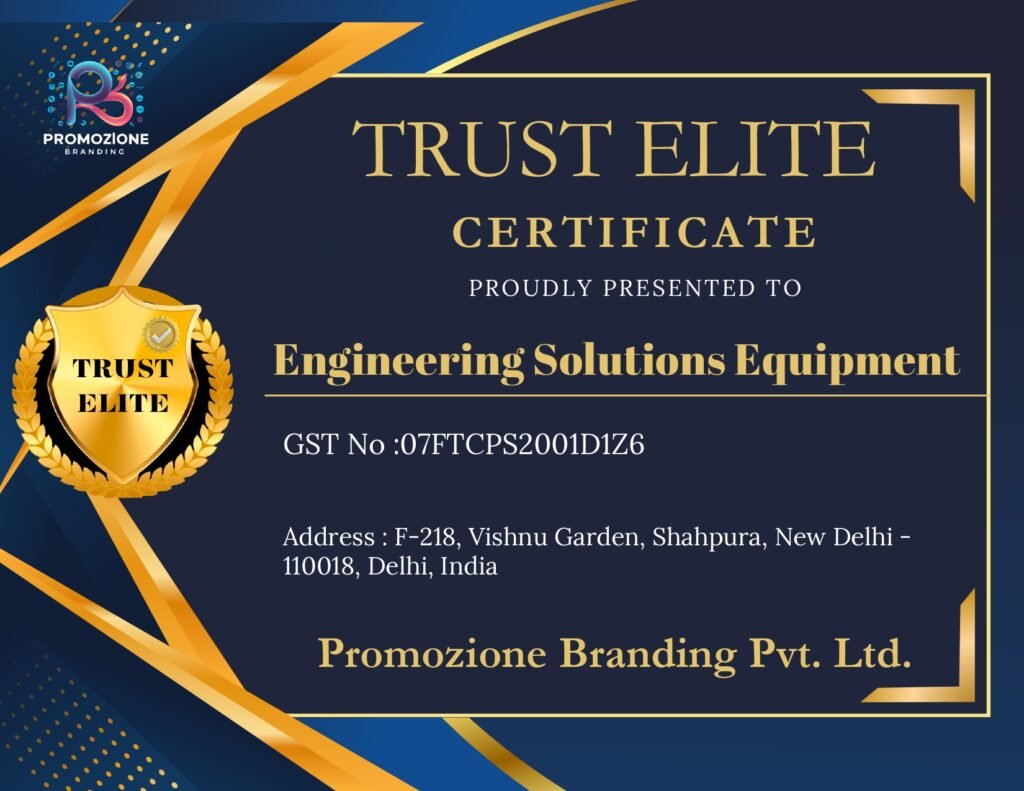
Leave a Reply